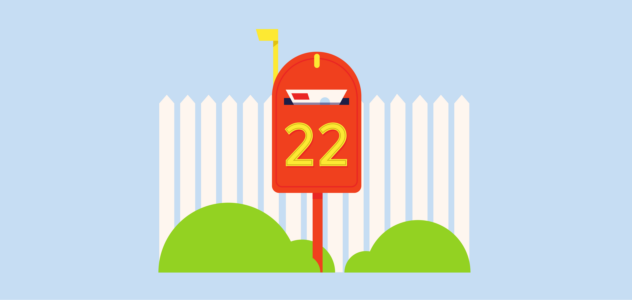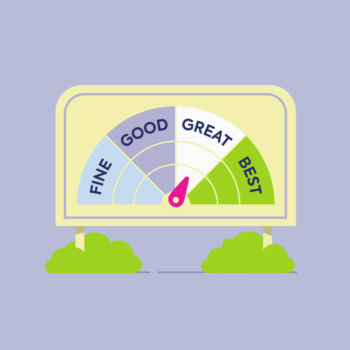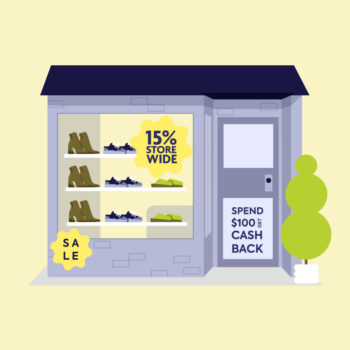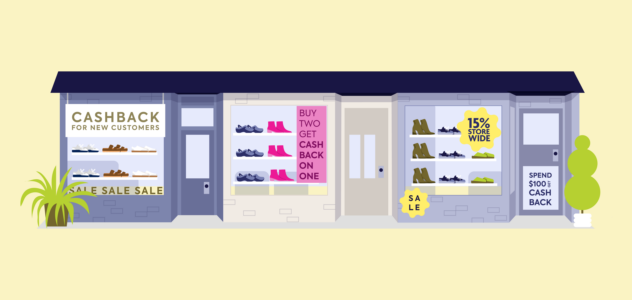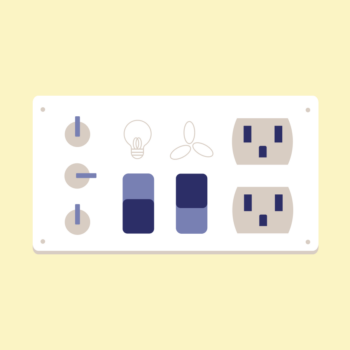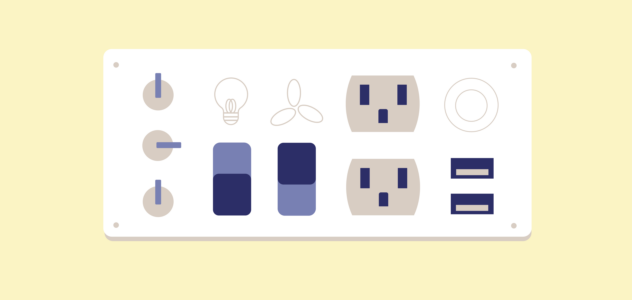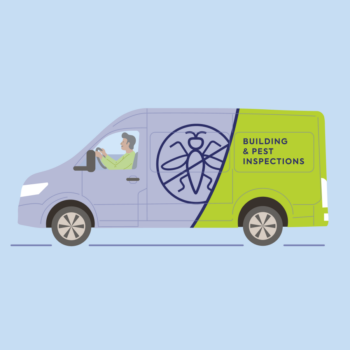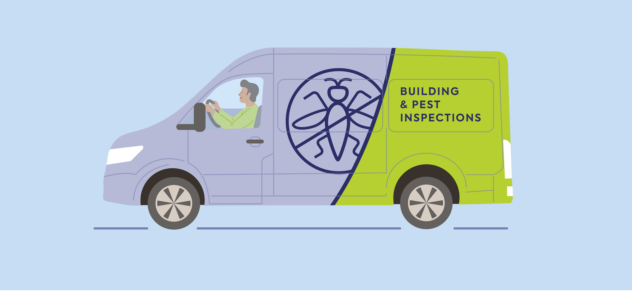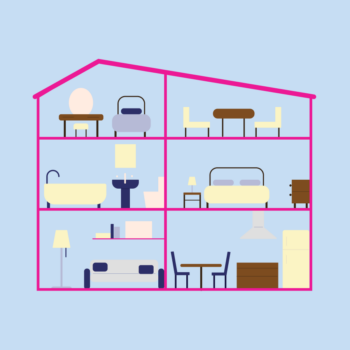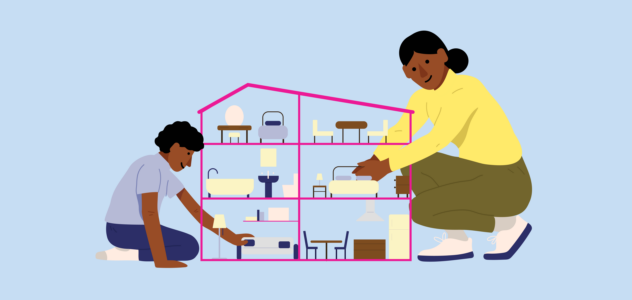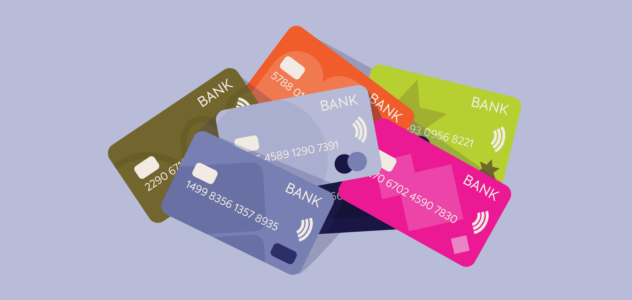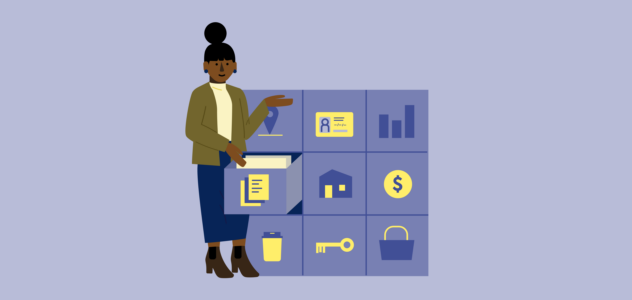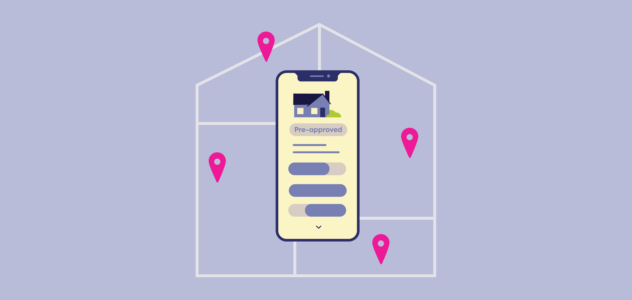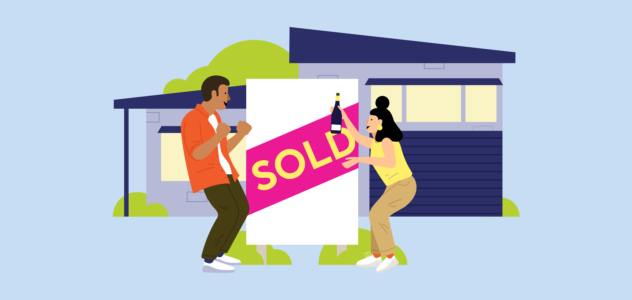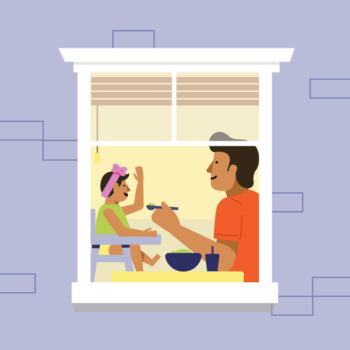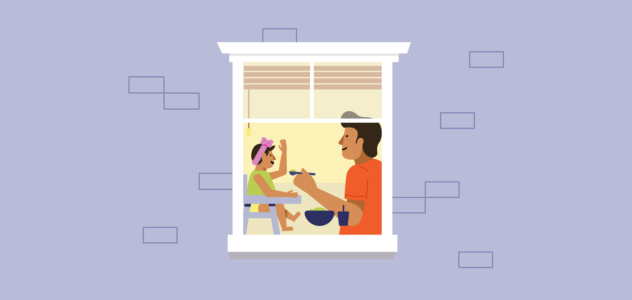Conditional vs unconditional approval are both a bank’s way of saying “yep, we’re willing to lend you money if….”
Buuut there’s a big difference between the two.
Conditional approval is an indication of what the bank is willing to lend you and is subject to extra ‘conditions’ being met – so it’s not guaranteed. On the flip side, unconditional approval is formal approval with no strings attached.
So, let’s dive deeper into conditional vs unconditional approval, and the process of moving from one to the other.
What is conditional approval?
Also referred to as ‘pre-approval’, conditional approval is like a tentative thumbs up from your lender that you can borrow a certain amount of money (with strings attached). It usually happens in the early stages of your homeownership journey – before you’ve found a property.
In conditional approval, a lender will assess your situation, tell you how much they’re willing to lend you, and forecast what your repayments might look like.
To get an accurate picture of your situation, lenders might ask for details like ID, statements of current debts and expenses, payslips for the last 3 – 6 months (or financials for 2 years if you’re self-employed), and bank statements.
As this is just the initial ‘get to know you’ stage – you’ll need to provide more information when it comes time to move to unconditional approval (more on that in a minute).
Why get conditional approval (AKA pre-approval)?
So if conditional approval isn’t a sure thing – why get it?
Well, it serves an incredibly valuable purpose in the home buying process.
Pre-approval:
- Lets you know what you can afford – this can help you narrow your property search (rather than wasting time searching outside your budget).
- Allows you to confidently make offers – since you know exactly what the bank is willing to lend you.
- In some cases, fast-track the process – when you find your dream property within your budget, you’ll be ready to make an offer without hesitation.
How long is conditional approval valid for?
Conditional approvals (or pre-approvals) have a time cap. They’re usually valid for 90 days, but can differ from lender to lender. This is to make sure your situation (or the market) hasn’t changed too much and it’s still an accurate reflection of your situation.
Need more time? You may be able to extend pre-approval for another 90 days by confirming a few things. Otherwise, you’ll need to reapply.
What is unconditional approval?
Unconditional approval is when a lender formally approves your loan – that is, there are no strings attached! It’s usually done after you’ve found a property and signed the contract of sale.
The difference? Unconditional approval will involve a more detailed look at your situation.
Following along from the information you provided at pre-approval, the lender will want to see more documents and details – like bank statements running further back, more info on expenses, a detailed credit history, and a valuation of the property you’ve bought.
If pre-approval is like a taste tester, then unconditional approval is like ordering the whole meal.
Does unconditional approval expire?
Yes, unconditional approval also has an end date (once again, this is to adapt to changes in your situation or the market).
Unconditional approval is usually valid for 3 – 6 months depending on the lender you go with.
What is ‘Approval in Principle’, then?
You might have heard the term ‘Approval in Principle.’ It’s similar to conditional approval (or pre-approval), the main difference being it has fewer conditions. In an ‘Approval in Principle’, generally the only thing outstanding is a valuation of the property.
On the flip side, conditional approval can have broader conditions – it might depend on the closing credit cards, proof of income and more.
If you’re unsure on the exact approval you have or need, bring it up with your mortgage broker (that’s what our Finspo home loan experts are here for).
How do you move from conditional to unconditional approval?
That is, moving from strings attached to no strings attached.
Here’s a quick rundown of the process, from applying for pre-approval all the way to unconditional approval.
- Chat with a broker (that’s us!)
Chatting with a broker is free and totally unintimidating (we won’t bombard you with home loan jargon). Instead, we’ll take a high-level look at your situation, including things like deposit, income, and expenses and help you plan out a strategy.
- Assess your application
We’ll take a moment to assess your application. If successful, you’ll be granted pre-approval!
- Start looking for properties
Now, you can start property hunting with a better idea of what you can afford (AKA what the bank will lend you). We recommend checking in with your values and what’s important to you before you start going to inspections to make the process easier.
- When you find ‘the one’
When a home catches your eye, start by asking for paperwork, like Section 32 and Contract of Sale. It’s also a good time to engage a team of experts if you haven’t already (like a conveyancer and building and pest inspector).
- Make an offer
This is typically done via private sale or auction. If you choose to work with a buyer’s advocate, they can help you make an offer.
- Apply for unconditional approval
Woohoo – time to submit your application for unconditional approval (your broker will do this for you).
- Property valuation
Your lender will order a property valuation. Essentially, they want to know if the home is actually worth what you’re paying (since they’re putting their money on the line). The valuation can be done via desktop, kerbside or a full inspection. Often, they will be happy to accept the contract of sale price, especially if the property is not considered high risk (for example, remote or unusually small).
- Hooray – unconditional approval!
All going well, your lender will grant you unconditional approval – the formal thumbs up to lend you money! With the help of your broker, you’ll also confirm things like your repayments, interest rates and loan period.
Take note, this is just highlighting the process from pre-approval to unconditional approval. There’s still a bit that goes on after unconditional approval – to settlement and beyond.
Conditional vs unconditional approval FAQS
Can you be rejected after conditional approval?
Yes. Just as the name suggests, conditional approval has strings attached – so it might not play out exactly how you imagined (although sometimes it will).
Can you be rejected after unconditional approval?
Generally not (it’s unconditional after all). But in rare cases, yes. A situation where you might be rejected after unconditional approval is following a significant change in your circumstances – like switching jobs, splitting with your spouse (if you were going in together), or losing a job.
Will unconditional approval expire if I have a long settlement?
Yes, it can. Unconditional approval is usually valid for 3 – 6 months depending on the lender you go with. So if you have a particularly long settlement, it’s best to chat with your broker to see your options. You may have to resubmit some details and financials.
What should I do if my situation changes, either during conditional or unconditional approval?
If you experience significant changes, like a job change or you won the lotto (we can dream, right?) it’s a good idea to check in with your broker. They can guide you on whether you should reapply again or not.
How long does it take to get conditional approval?
This is one of those ‘how long is a piece of string?’ questions. But usually between a few hours to a few weeks. We explore this question more here: How long does mortgage pre-approval take?
How long does it take to move from conditional to unconditional approval?
There’s a lot of factors riding on this transition – including how quickly you find a property and place an offer. But let’s say, hypothetically, you’ve found a place and applied for unconditional approval. From here, it can take between a few hours to a few weeks. It depends how much info your lender already has and how detailed your application is.
So, now you know the difference between conditional and unconditional approval
Remember: it’s a good idea to get the ball rolling with conditional approval before you start hunting for a property – as this will narrow down your options and may make the process smoother when it comes time to place an offer.
If you’re ready to gain approval (either kind) our Finspo home loan experts are ready to help. Even if you’re not sure if you’re ready and just want to chat it out – we’ve got you.
Meeting with a broker is free (and you’ll thank yourself later).
It’s as easy as 1, 2, 3
- Book a chat with a friendly Finspo expert (online, phew!)
- Tell us about yourself and provide any additional info
- We’ll do the heavy lifting and present you with some loan options and a recommendation.











